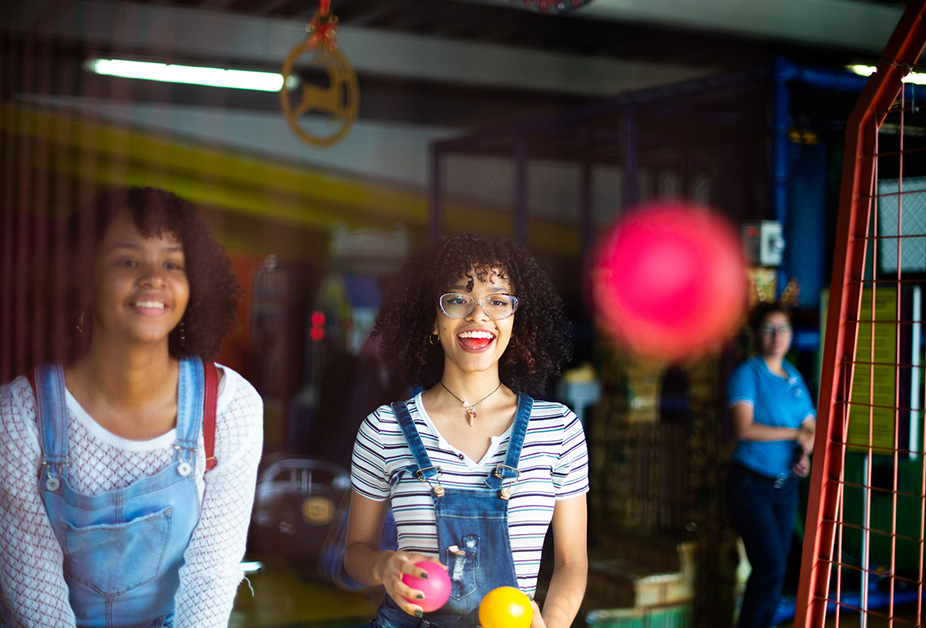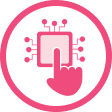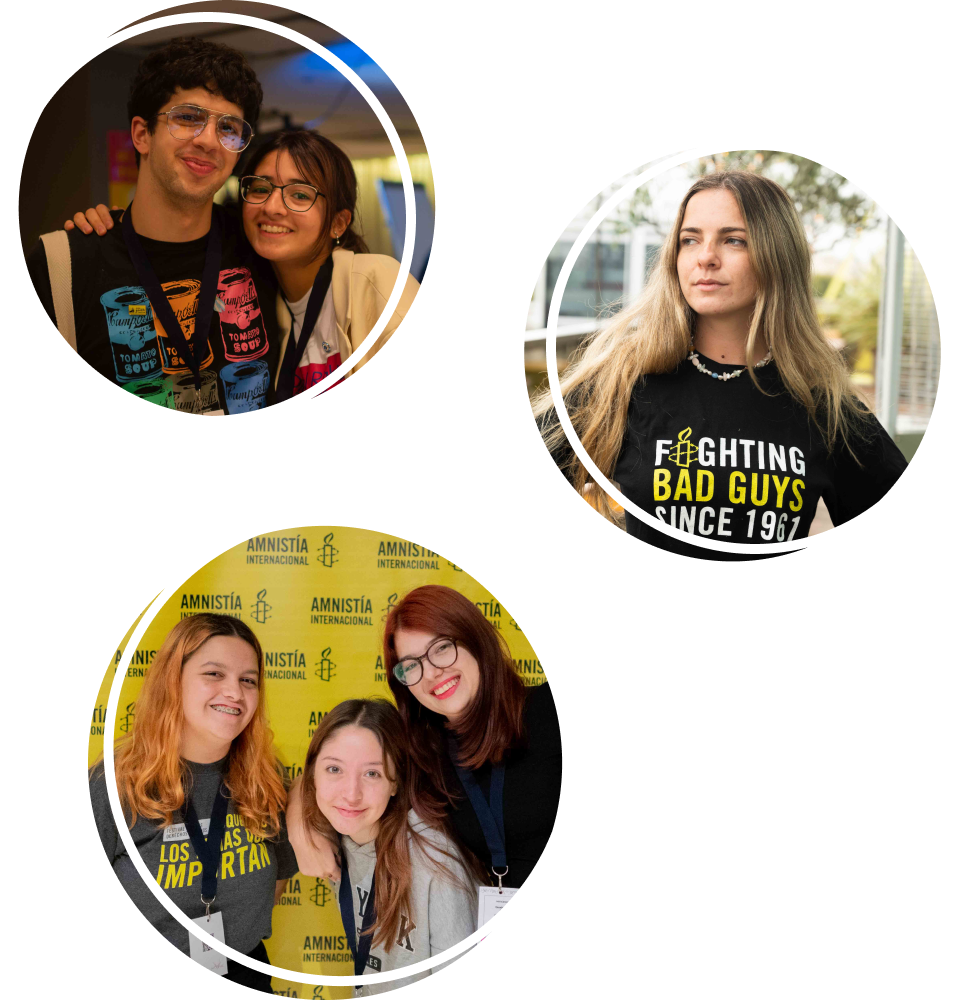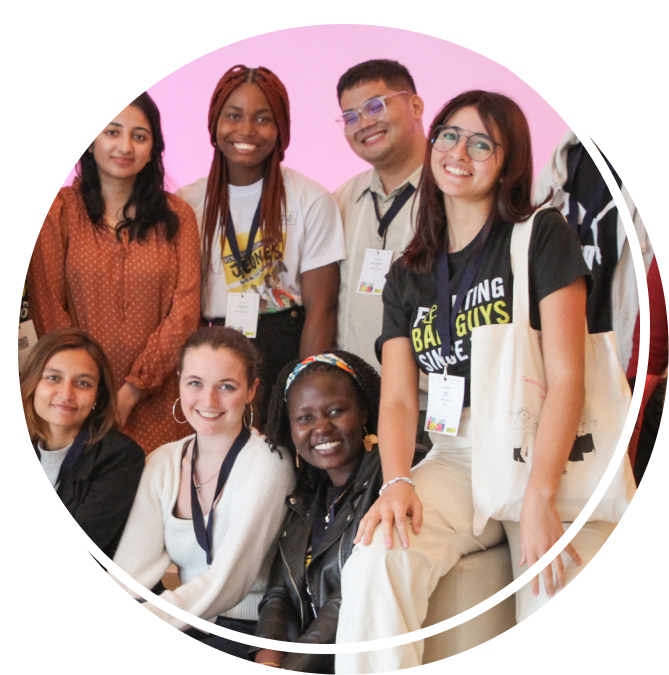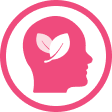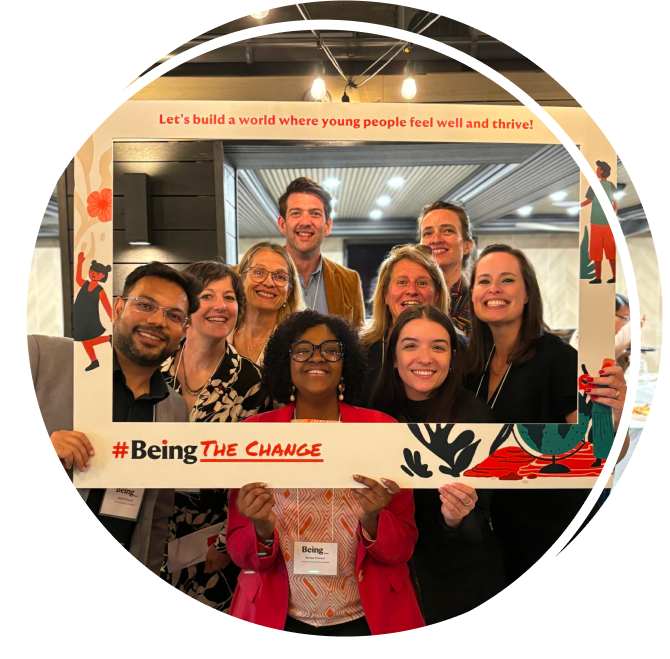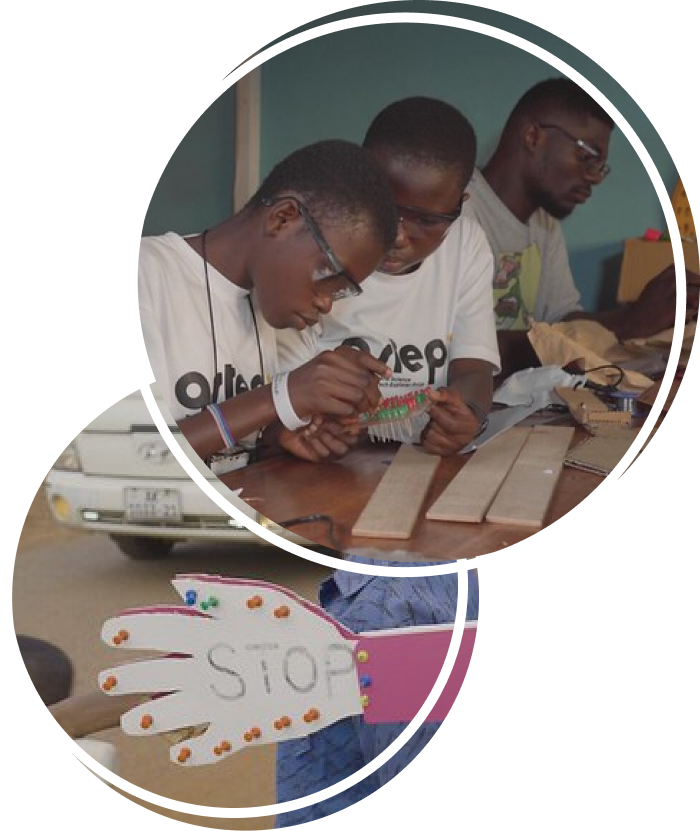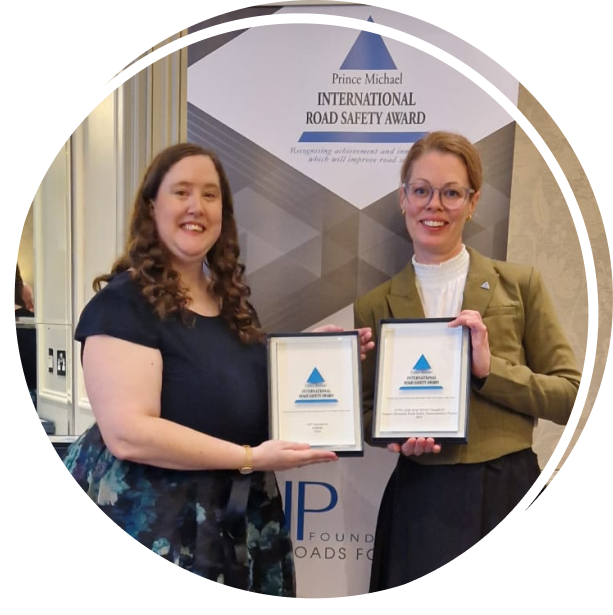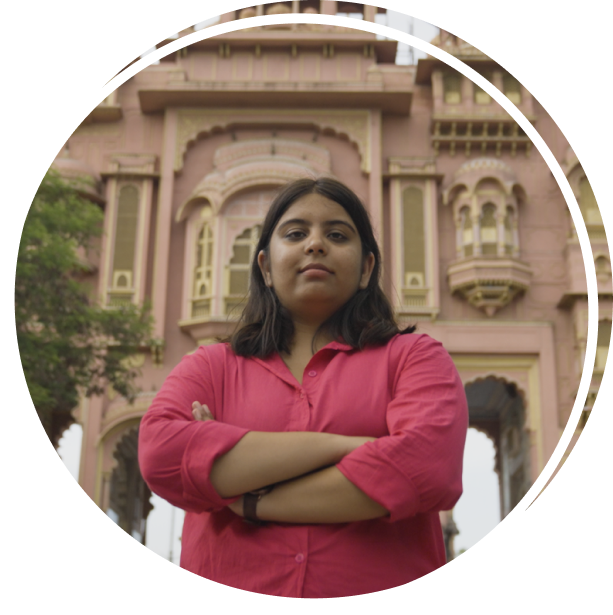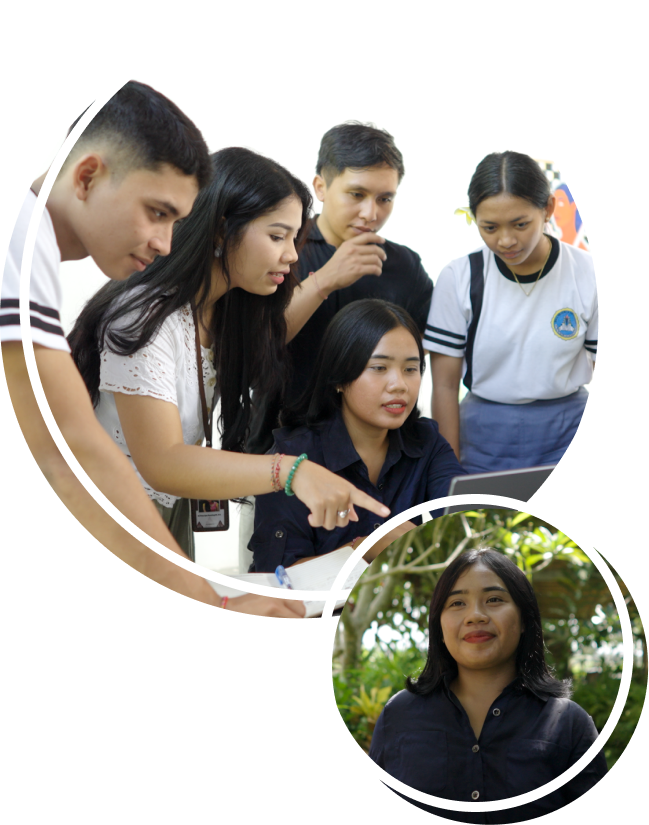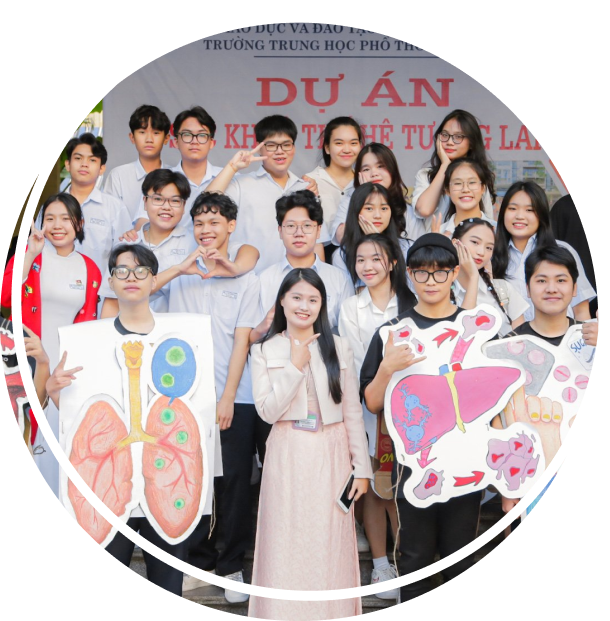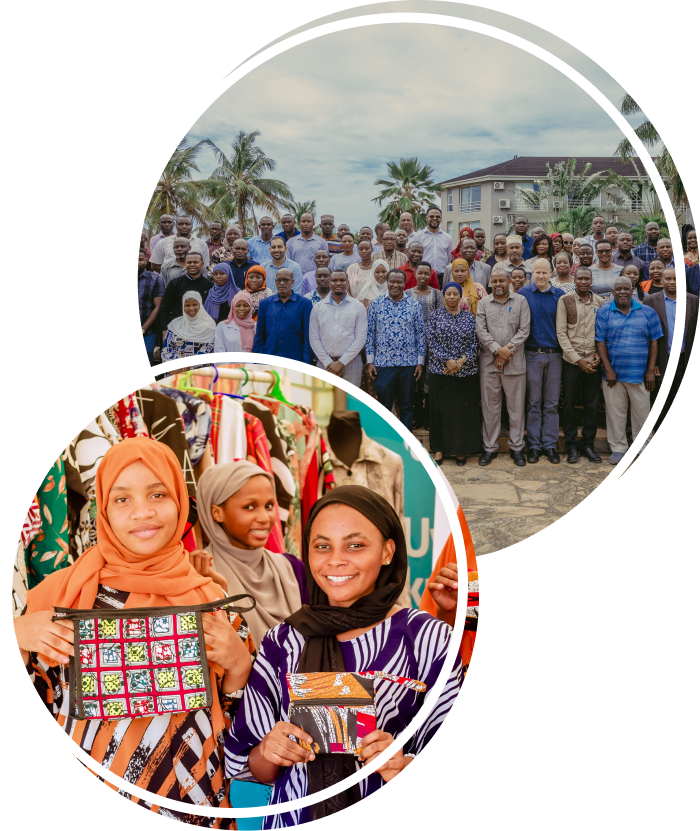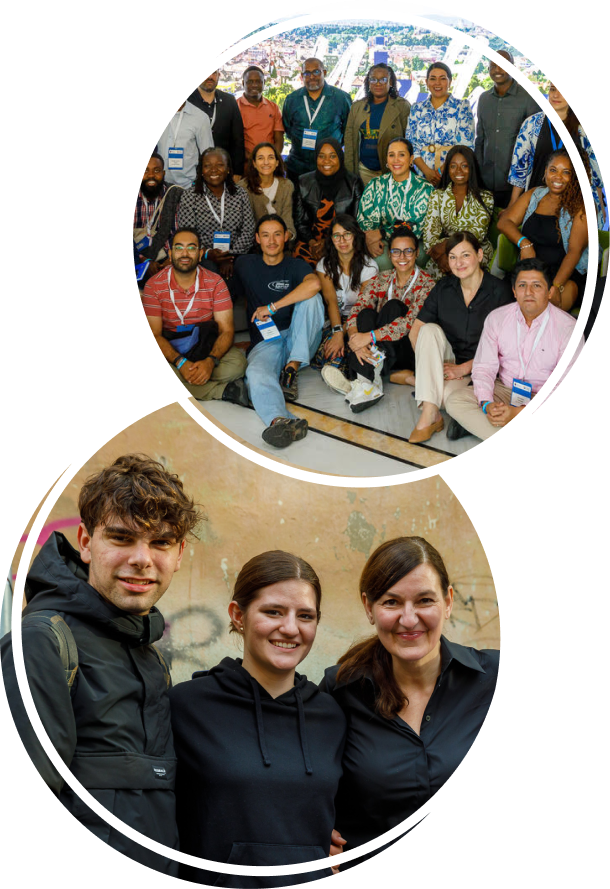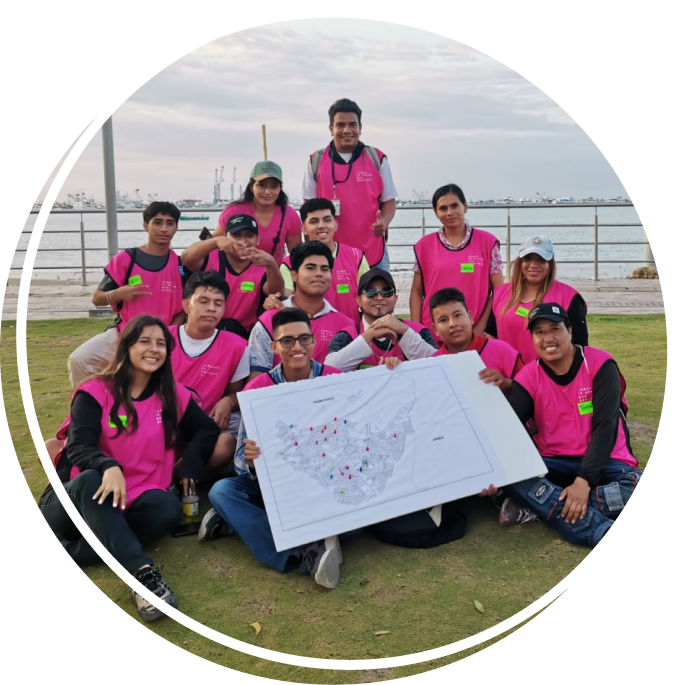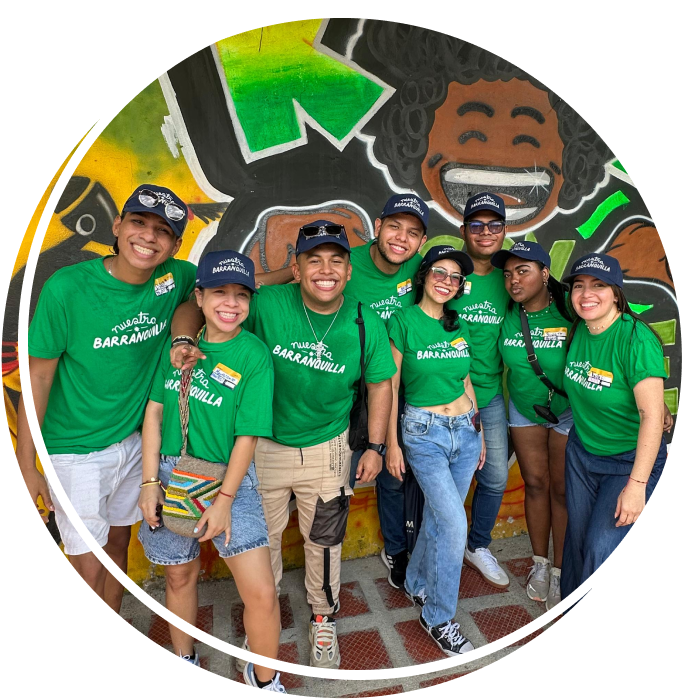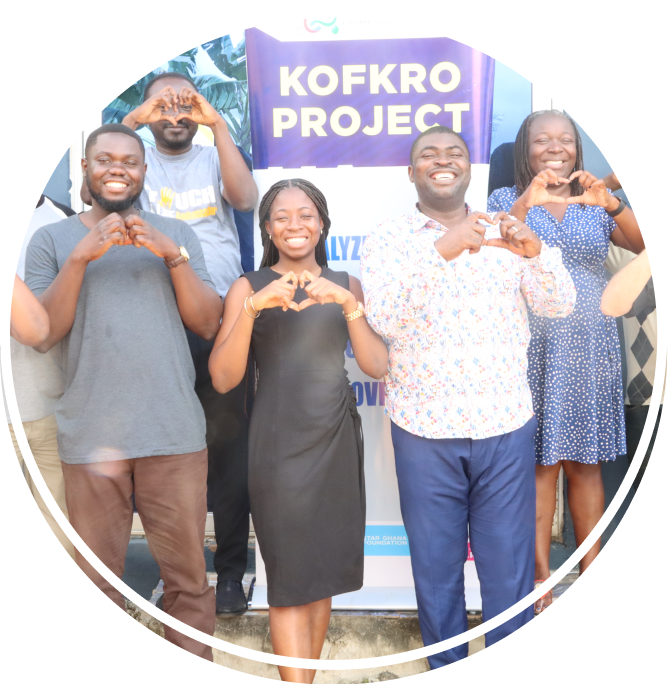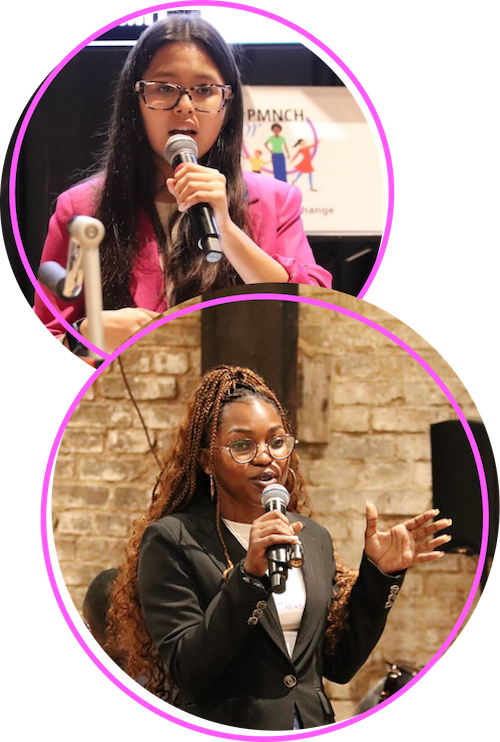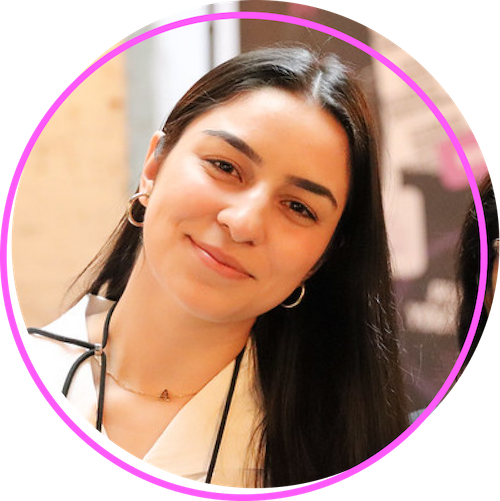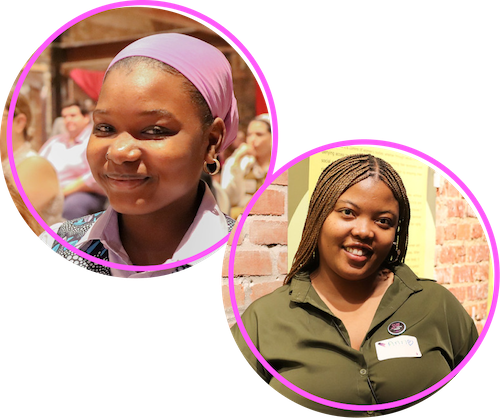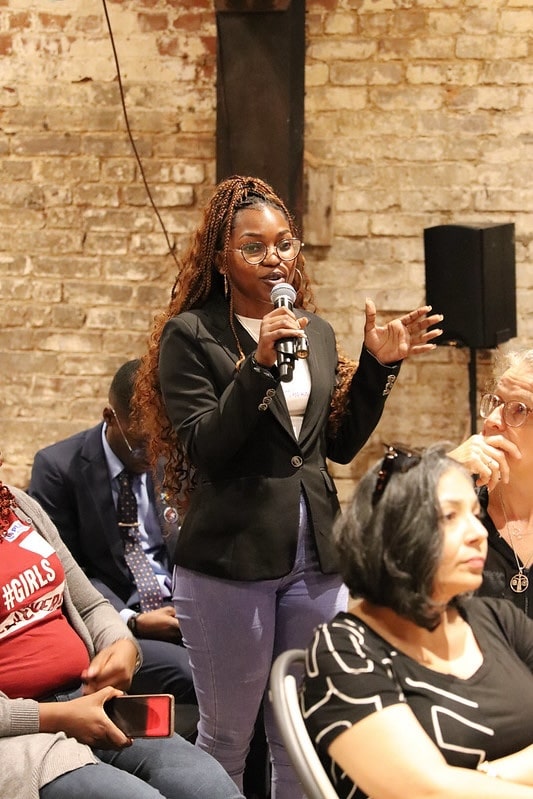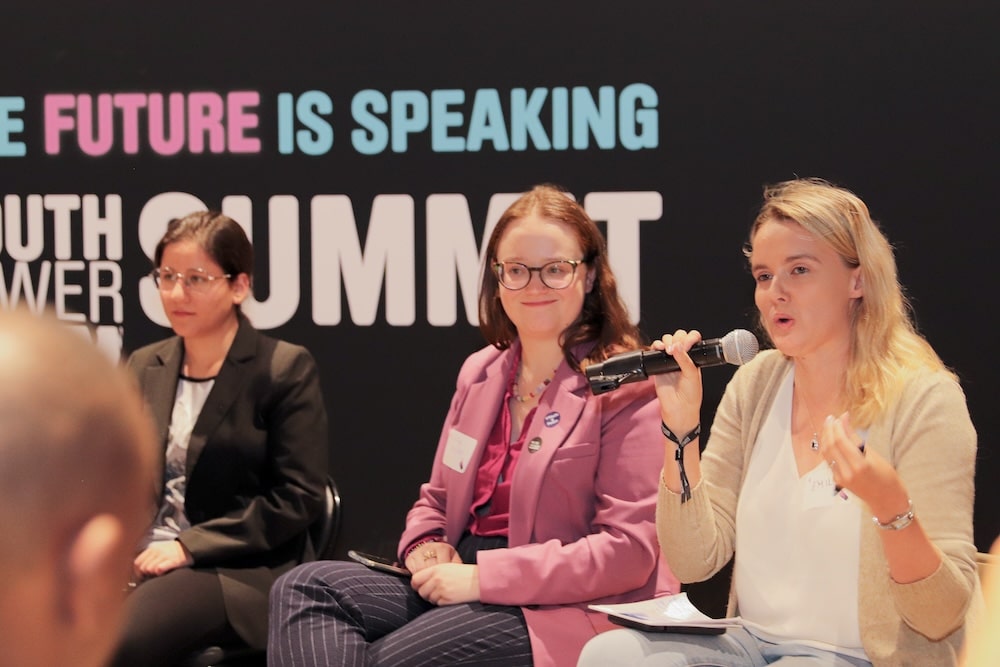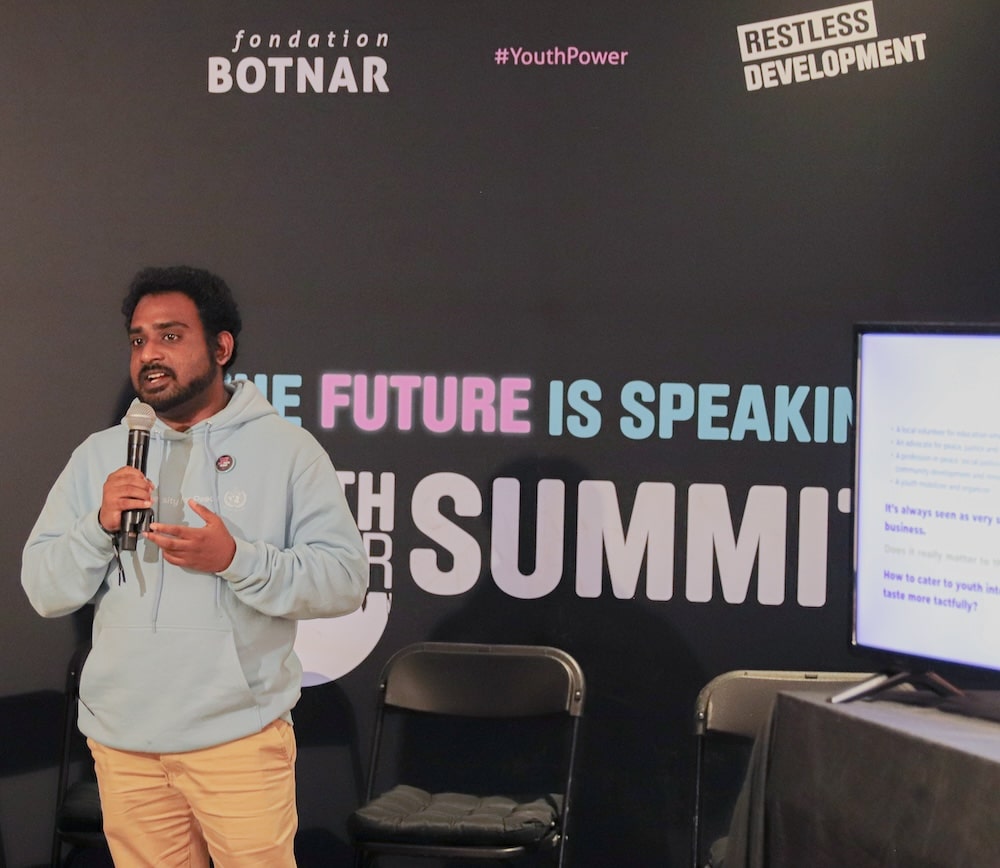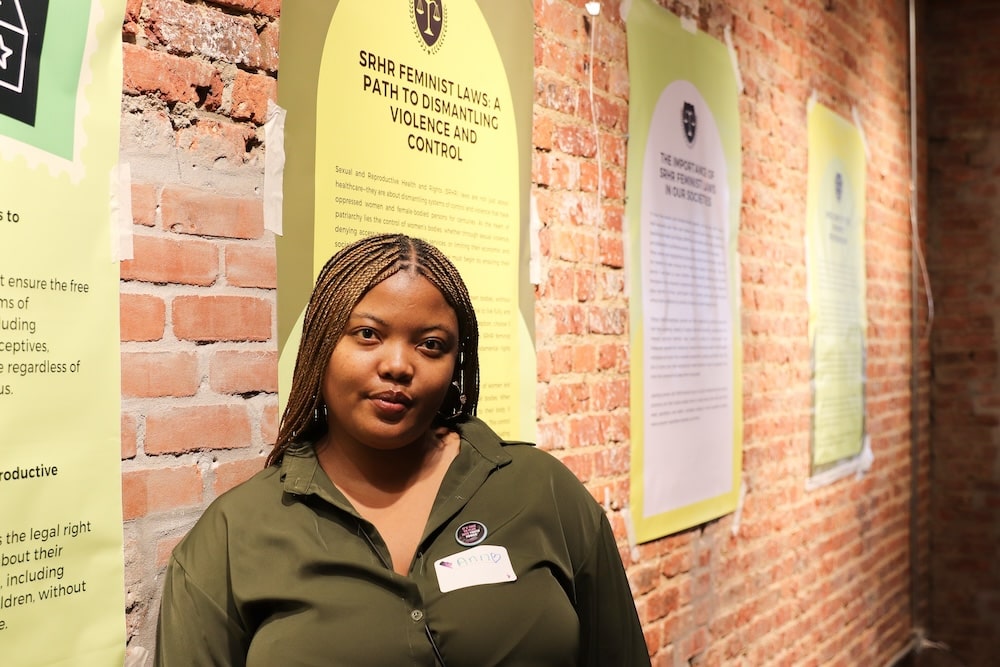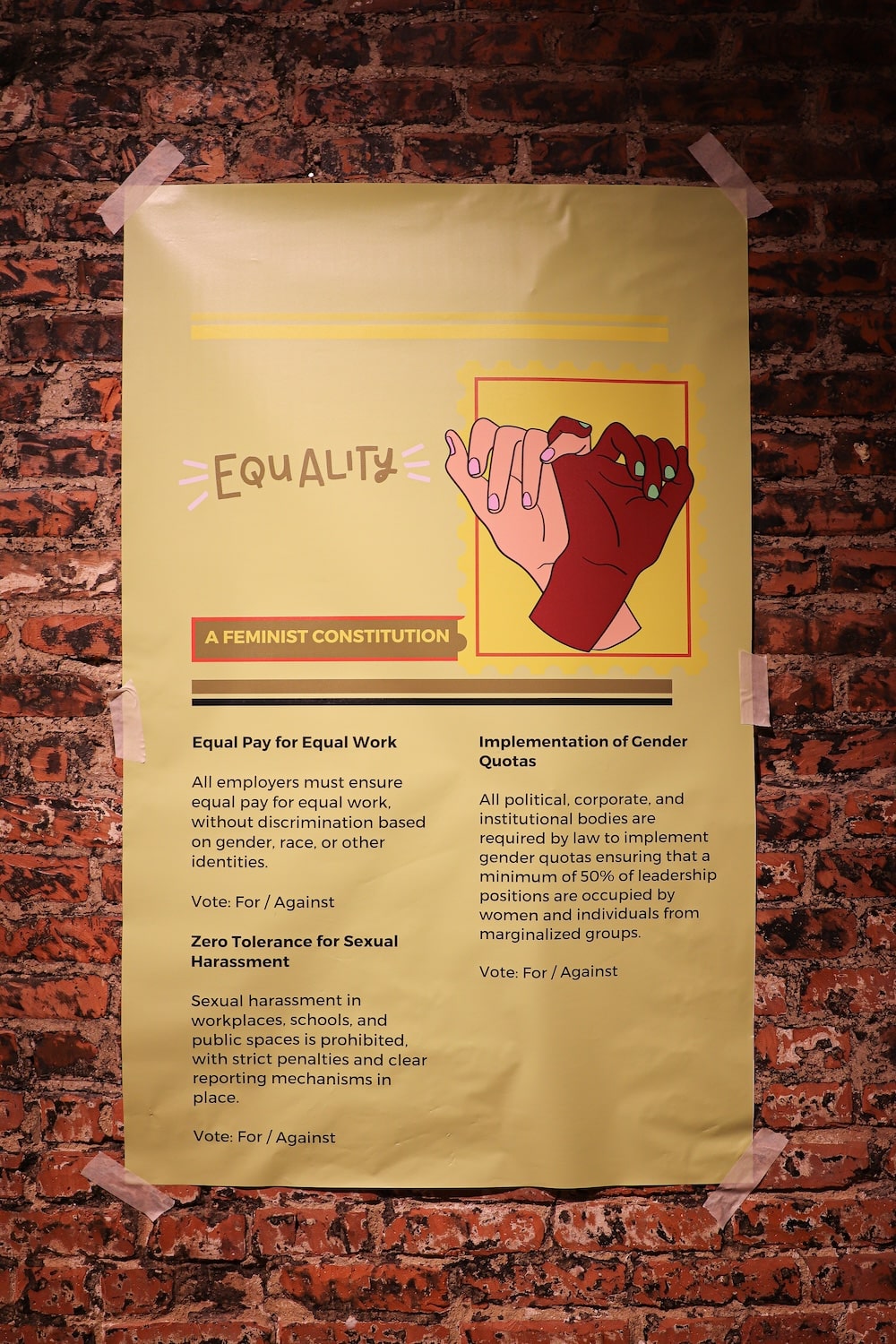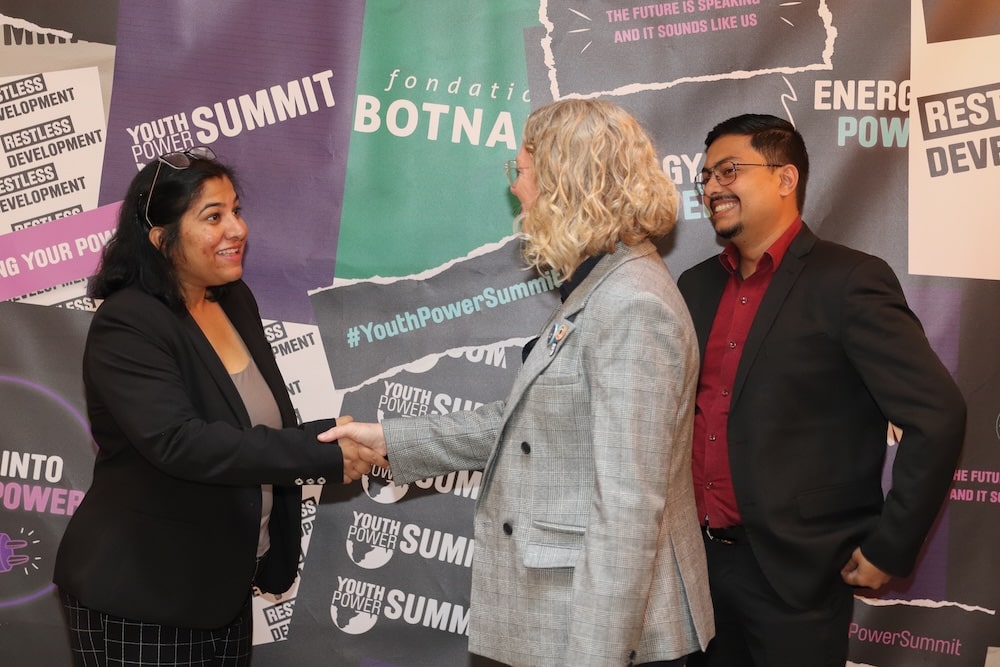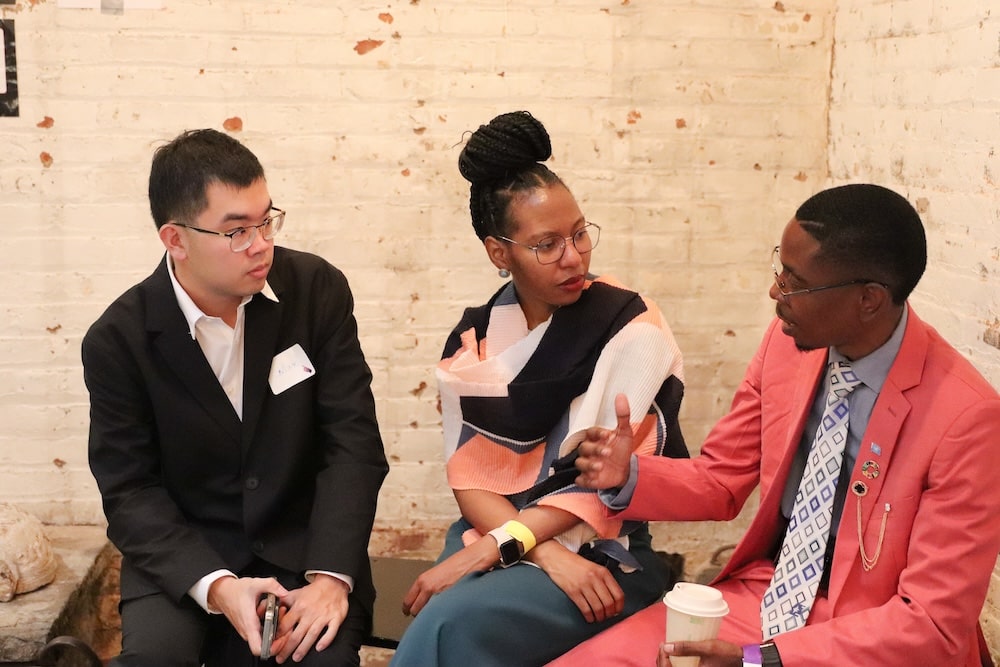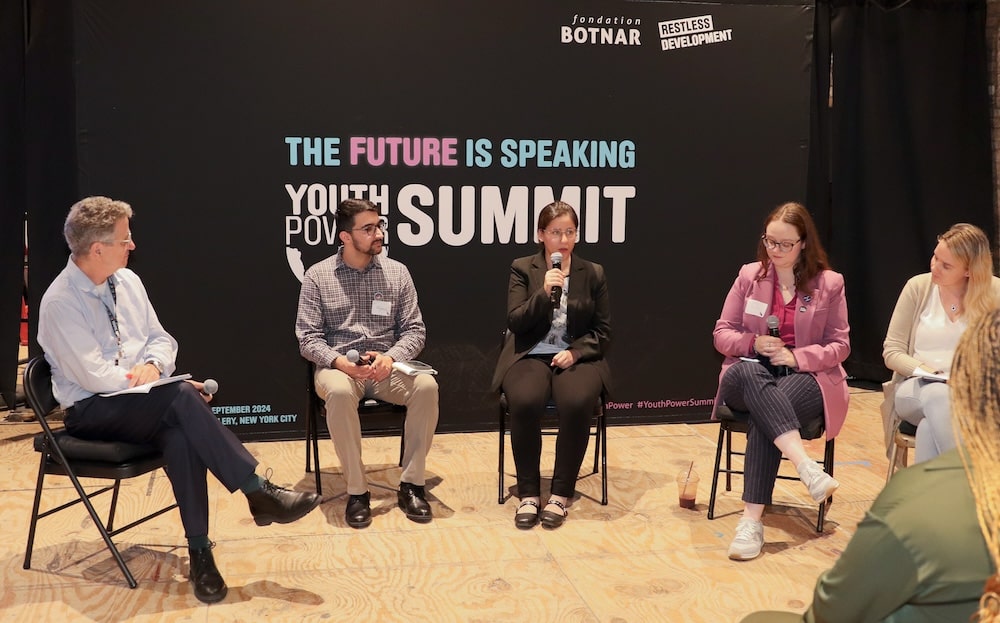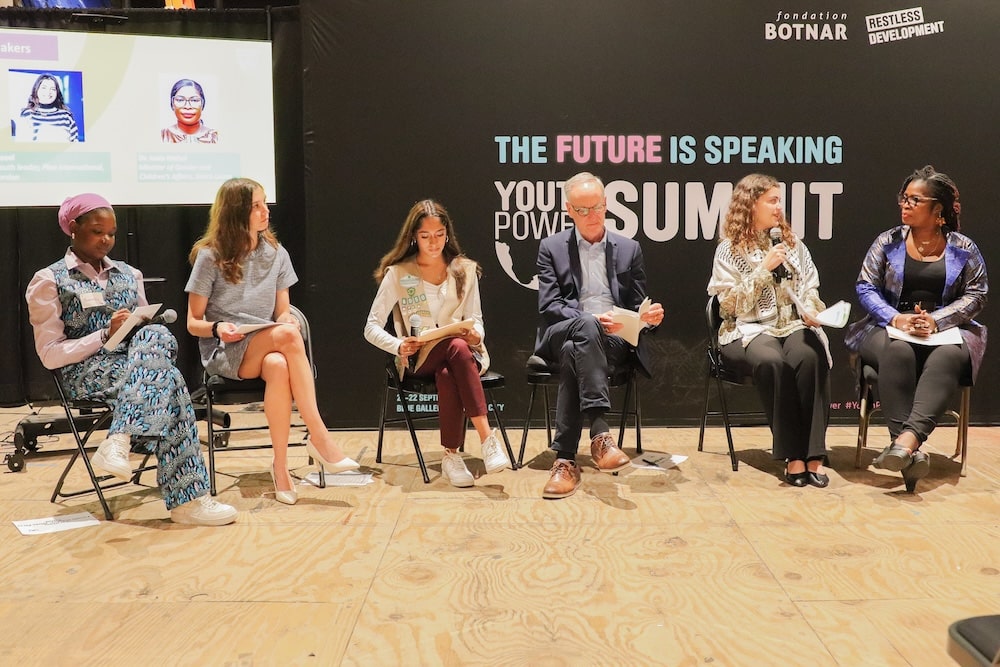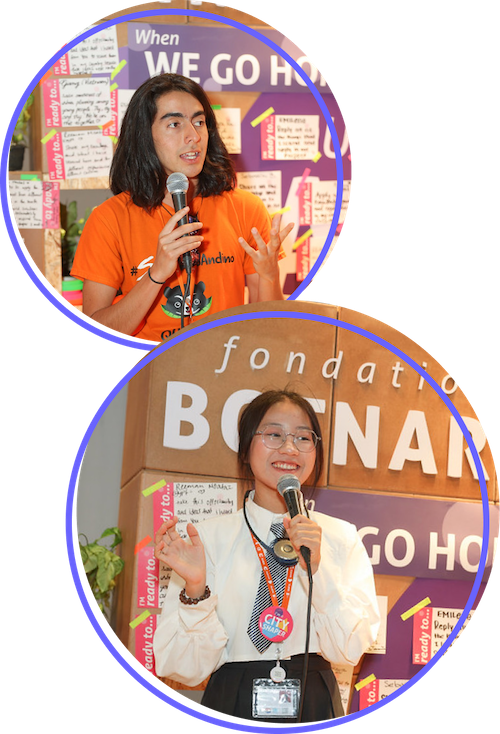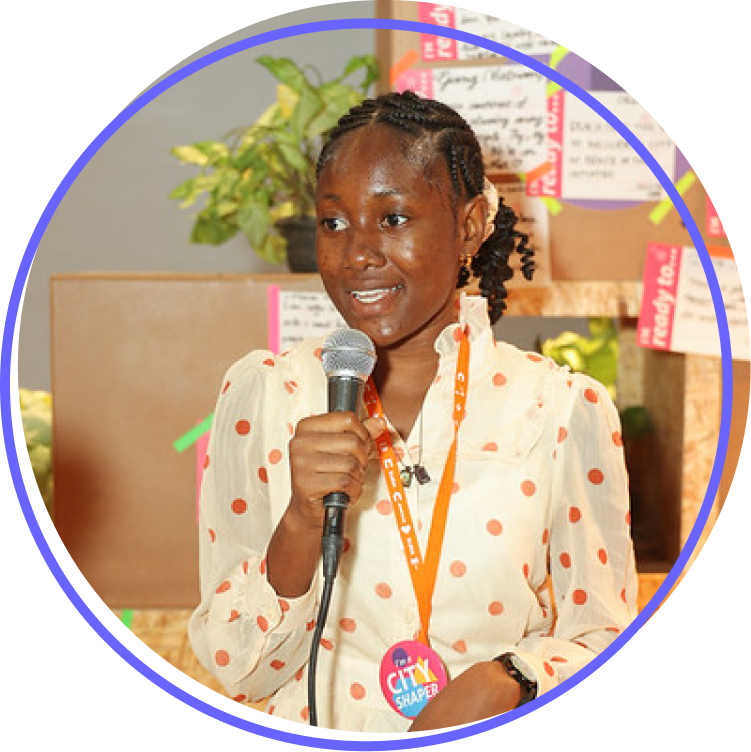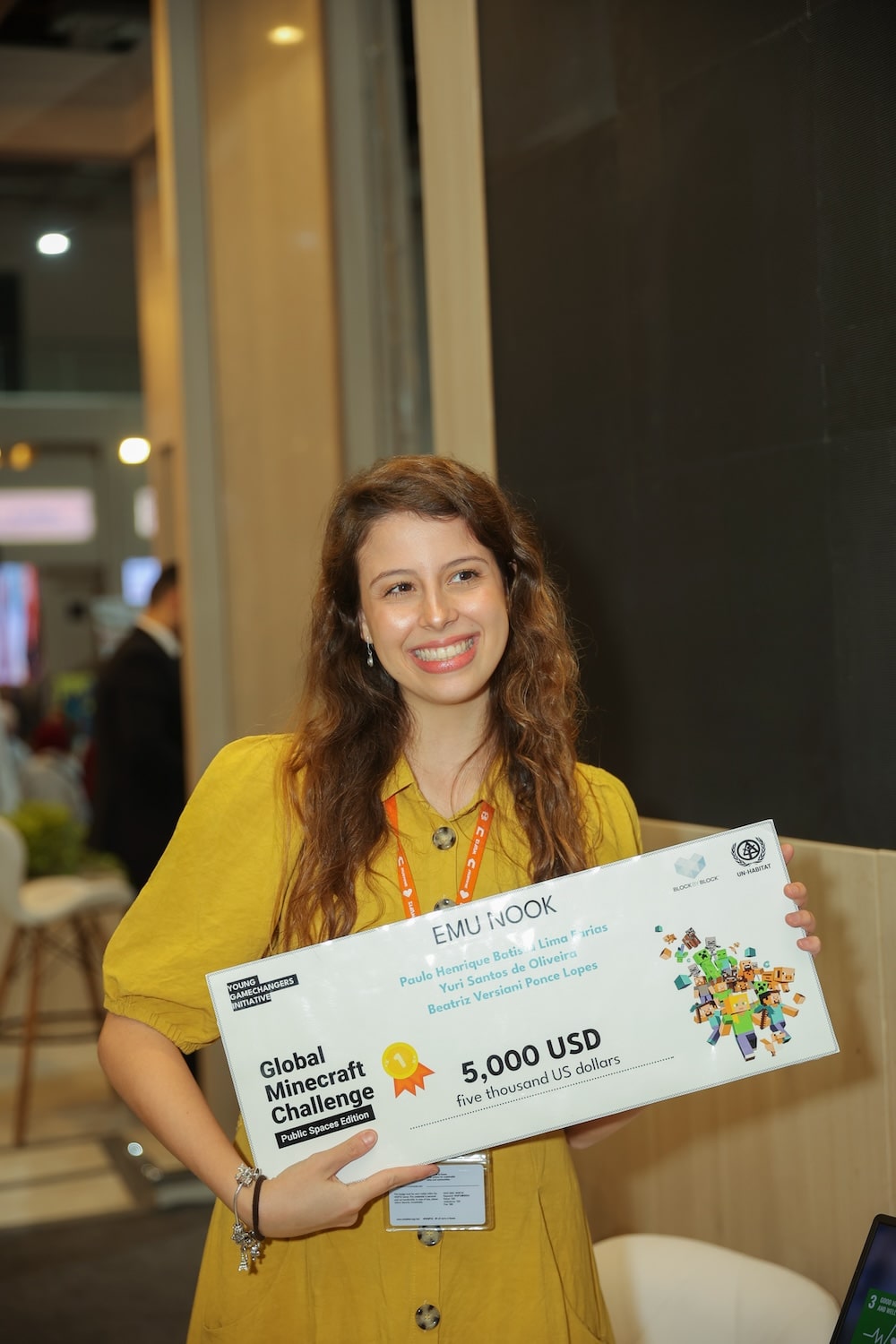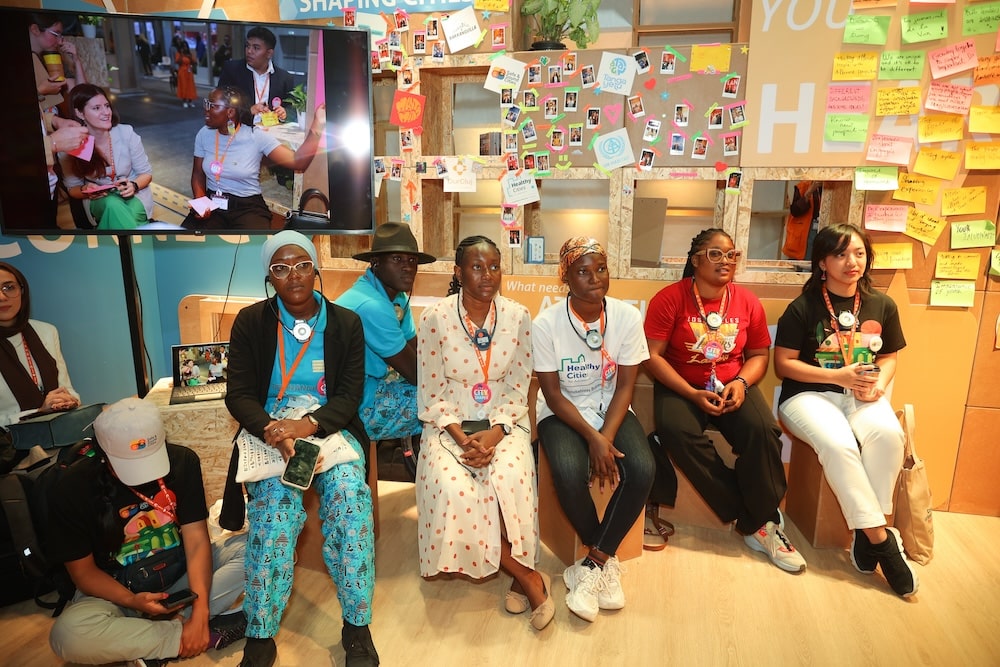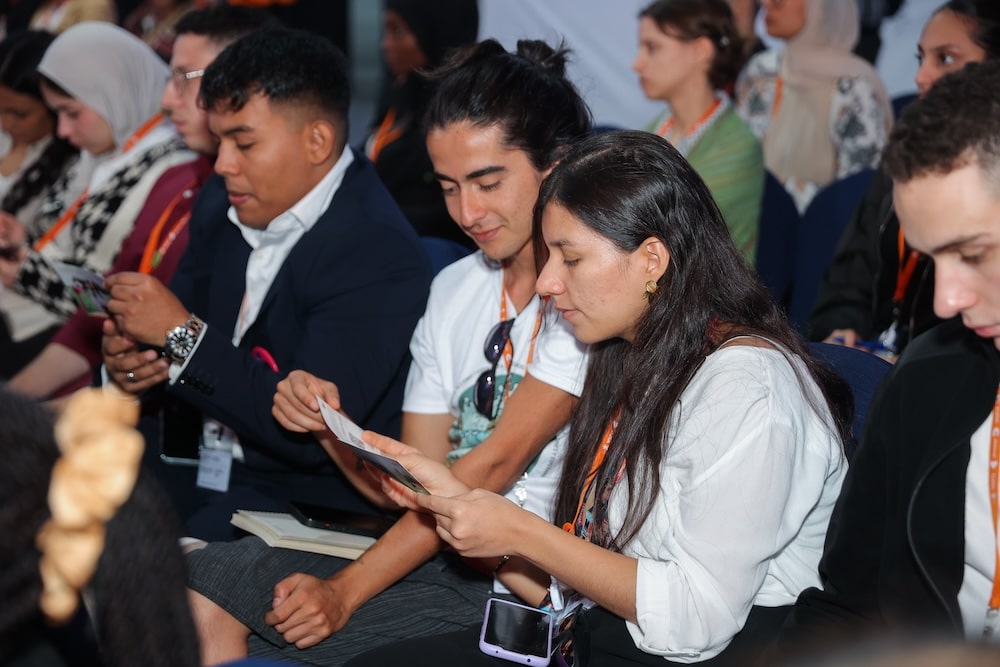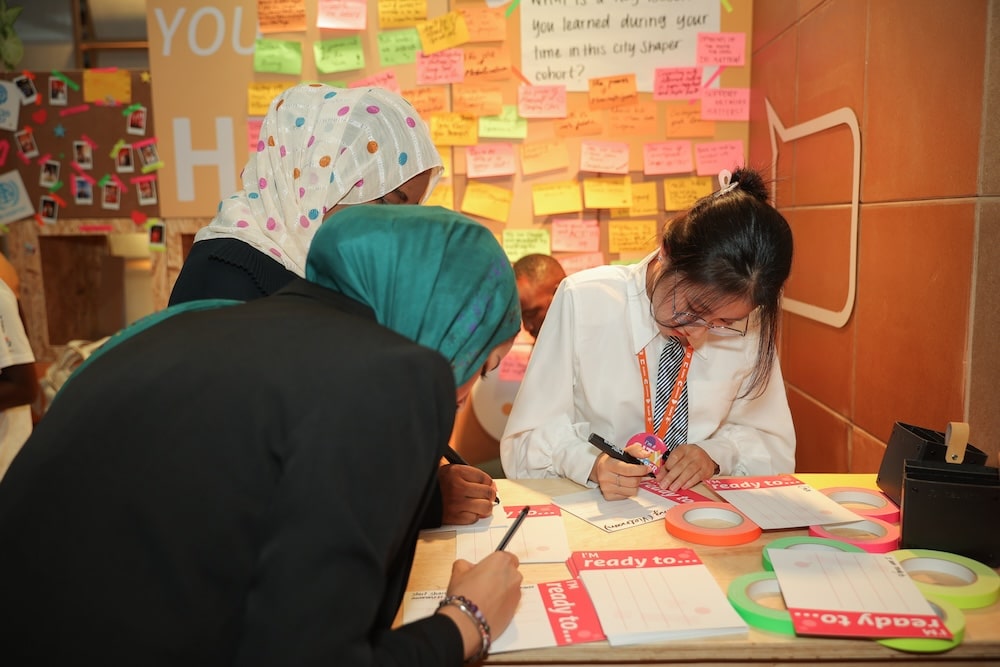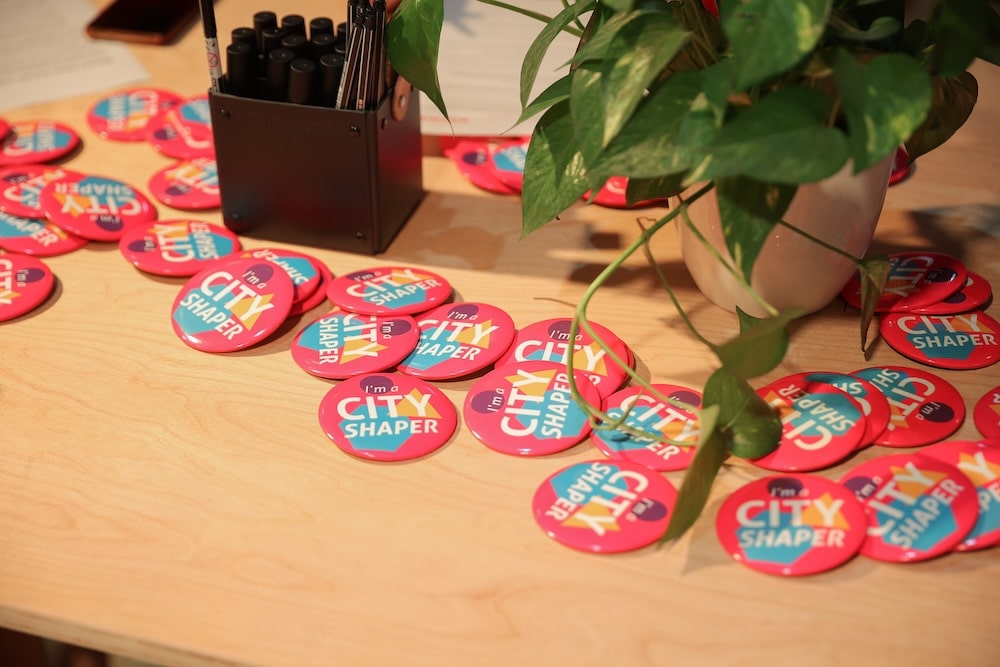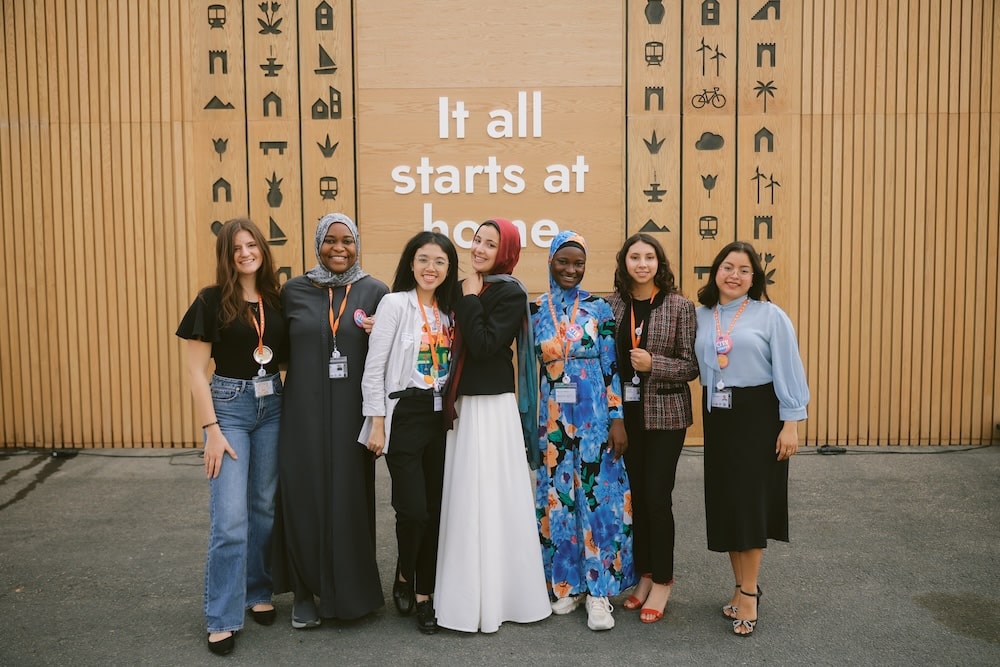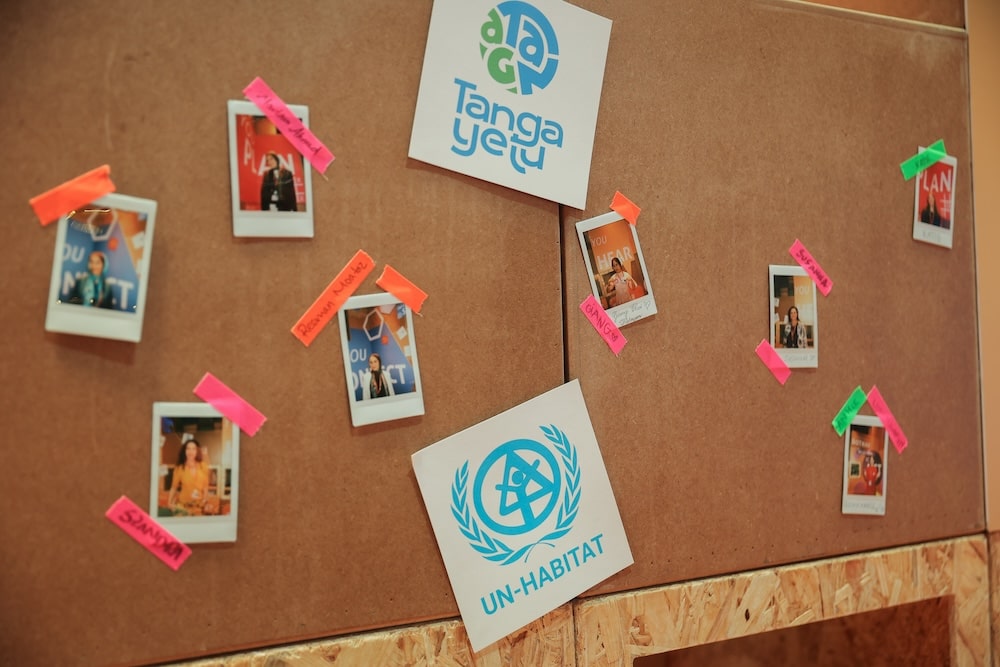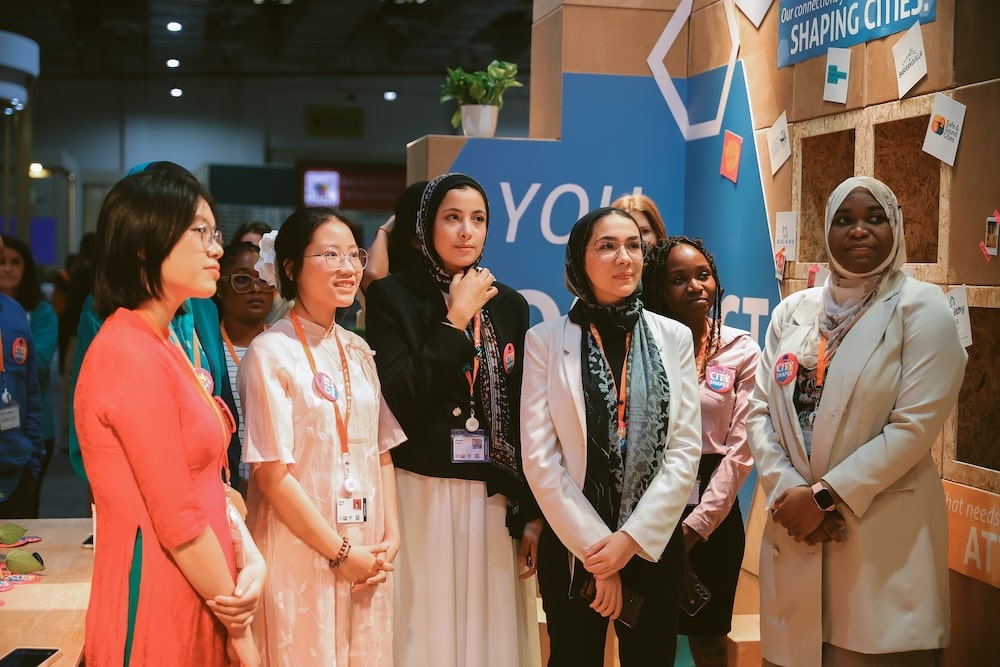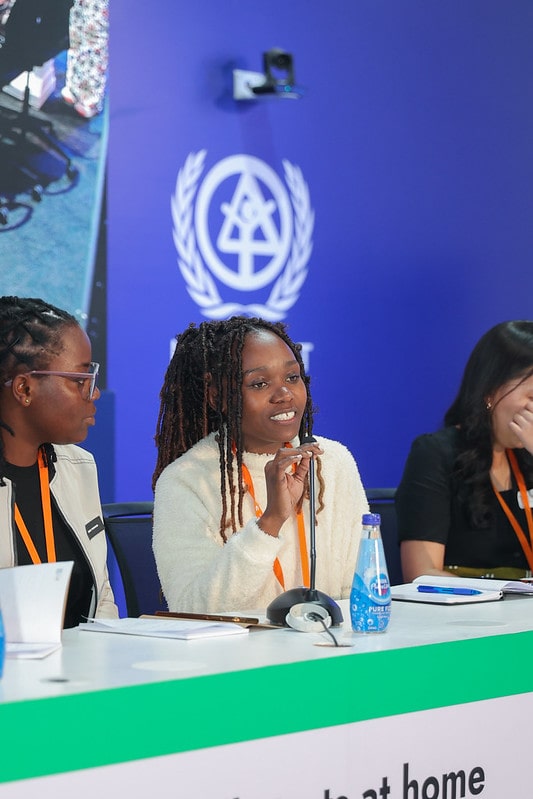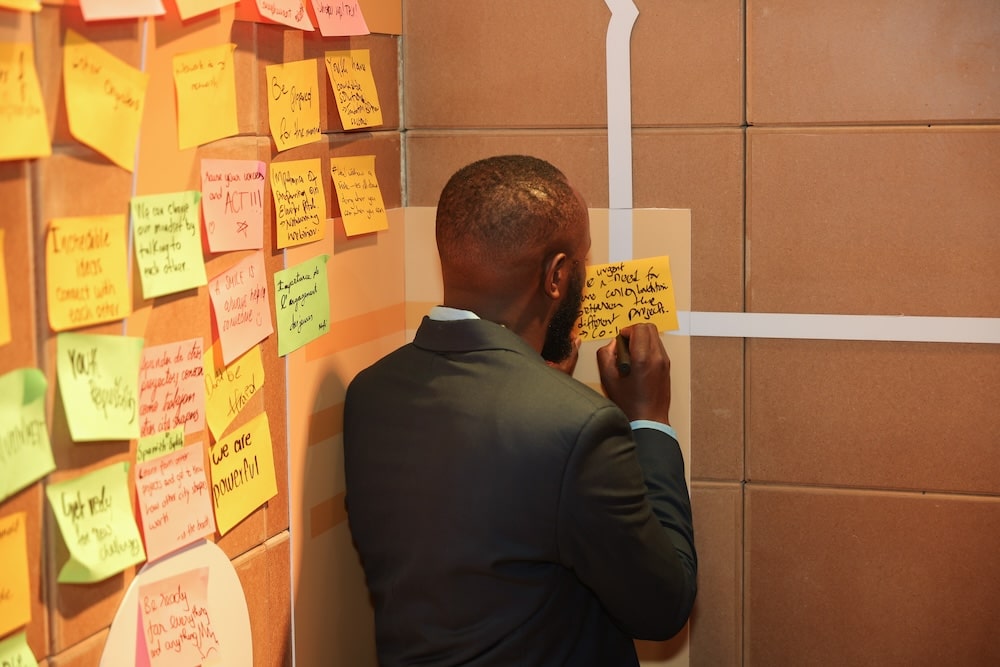Every day, millions of young people react to new events, ideas, and reforms online. Whether it’s adding their voice to a movement on Twitter or Facebook, staying up to date with the latest news and contributing to discussions on Reddit, or engaging in challenges on Tik Tok, the digital world is the place where many conversations and interactions take place. This digital ecosystem offers an excellent opportunity for analysis to understand what young people’s fears, dreams, and thoughts are on different topics.
Fondation Botnar is partnering with Omdena, and a team of 50 collaborators to gain insights from publicly available sources such as Twitter, Reddit, and Instagram, and other sources like Google trends and UN Data, to understand the sentiment of young people, converting this analysis into diagrams, word clouds, and additional insights on young people’s perspectives. The collaborators are from 20 countries around the world, and 30% of the team members are women – a diverse team is vital for the success of the project to avoid bias in both collecting and analysing the data.
Omdena is a collaborative platform to build innovative, ethical, and efficient artificial intelligence solutions to real-world problems. Since its founding in May 2019, over 1,250 AI experts from more than 80 countries have come together for intensive eight-week AI projects to address significant issues related to hunger, sexual harassment, land conflicts, gang violence, wildfire prevention, and energy poverty. Omdena’s partners include the UN Refugee Agency, World Food Programme, the World Energy Council, and numerous corporations and NGOs.
The focus of our joint project was to examine some of the fears, frustrations, and struggles of young people from which particular topics have emerged that are important to young people. One of these topics is mental health, and the analysis conducted so far gives us initial insights into young people’s mental health over time.
Some of the first insights about mental health gathered through this project shows that self-harm and being liked, and unliked, were two of the most common topics of concern discussed in 2019. In 2020, with the onset of COVID-19, the conversations shifted to focus on the pandemic and loneliness. Young people in all parts of the world appear to be concerned with education, and in Africa, many young people are also additionally concerned about HIV.
With so many conversations taking place online, and especially during the ongoing pandemic, social media offers great potential for generating insights about the conversations young people are having. The insights are generated from social media through a process that includes gathering, analysing, and presentation of patterns of anonymised data.*
We look forward to keeping you updated as this project develops. Follow us @FondationBotnar and @OmdenaAI!
Who are some of the young people on the project?
We asked some of the young people involved about how they are contributing to the project, what their dreams and aspirations are, and what role they think AI and technology can play in young people’s lives.
Aboli, 19, India

What have you learnt from the initiative so far about young people’s aspirations?
The younger generation is actively discussing important topics like education systems, youth development, health, violence, and world-changing events like COVID-19. They want to be part of the internet revolution and promote cybersecurity. From 2018 to 2020, the tweets about racism increased, particularly recently because of the Black Lives Matter Movement that started in the USA in 2020.
What are your dreams and aspirations for the future?
I enjoy contributing to AI for social good. In the future, I would like to work in AI for healthcare, identifying vulnerable populations and assisting the underprivileged. I want to introduce the youth to this new technology, as their ethics and contribution to the AI revolution will determine the path that AI will take in the future.
Daniel, 20, Poland

Why should young people be engaged in creating solutions for issues that affect them?
The time when youth should only be “empathised with” is over. My experience shows that to make appealing solutions for youth we need young people working on design and implementation, and we need them to be represented as stakeholders that actively impact projects when everything is up and running. The best way to help youth is to help youth build solutions for themselves.
What role do you think AI/technology should play in creating brighter futures for young people?
I imagine the world where education and work experience opportunities are as available and as personalised as our Spotify feed. AI can help us learn through the right methods and discover the most interesting paths that will make us the most curious, productive and engaged. What if during 6 months you could try 6 different careers you never thought of before?
Madhu, 20, India
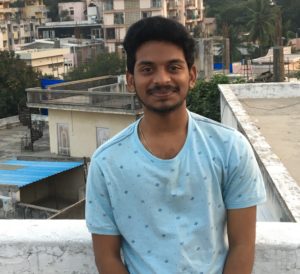
How have you contributed to this initiative?
We first divided the project into different tasks, and I was working on two of the tasks. I gathered data from Twitter and Reddit and then pre-processed it. I then had to extract the sentiments from the text and do the next level of analysis to map them into different kinds of visualisations. Finally, I had to map them according to the country. I experienced the whole Machine Learning life cycle through this process.
Why did you want to get involved with this initiative?
When I heard about Fondation Botnar and their work, I felt keen to join the project as our goals are very similar. Fondation Botnar is using AI to improve the health and wellbeing of young people and I am very happy to take part in this project which will understand the youth sentiments and their aspirations which is important as they are going to build our future.
John, 25, Dominican Republic
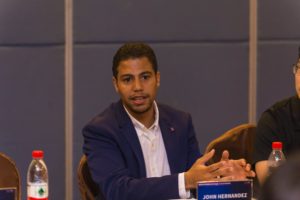
Why should young people be engaged in creating solutions for issues that affect them?
“The youth is the future” is more than a quote – it’s the truth. In our hands is the responsibility of changing our reality and to positively affect our environment since we are the ones that will be in the top positions of society. We bring fresh ideas and if we don’t do it, then no one will.
What role do you think AI/technology can/should play in creating brighter futures for young people?
We are living in a data-driven world. This is one of the reasons for the increase in entrepreneurship and social organisations that involve technology solutions. Social enterprises have been a life-changing tool that is impacting young people as we are more connected and reachable.
Shreeya, 20, India
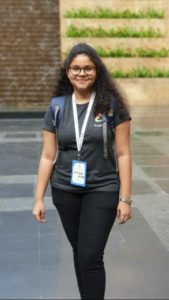
Why should young people be engaged in creating solutions for issues that affect them?
Young people have shaped this world in a better way with their ideas, creativity, and great enthusiasm for innovation. Various sectors – education, health, culture, law, safety, and human rights have improved over time as the new generation has a more practical and educated way of decision making. We can better understand the problems faced by the community, and we empower each other to use creativity in finding solutions.
How have you contributed to this initiative?
Myself along with 50 other collaborators from Omdena studied the sentiments, aspirations, and thoughts of young people using AI. It’s important to first determine the events due to which change may occur. As a part of the youth community, it was easy for me to determine the source of data where young people have these conversations. Along with various AI algorithms, we generated interesting insights and important topics on which to focus on in the future.
Miguel, 18, Colombia
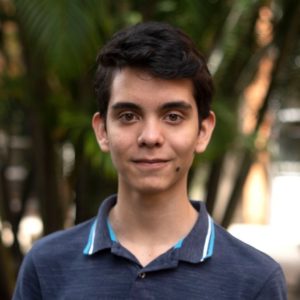
What have you learnt from the initiative so far about young people’s aspirations?
Every young person has unique dreams and aspirations that have been formed through their friends, families, culture and social media, for example.
What are your dreams and aspirations for the future?
I want to reach as many people as possible and have a positive impact on their lives. I want to make good use of the tools and resources that technology offers and achieve change as I work as a data scientist.
Murki, 19, India
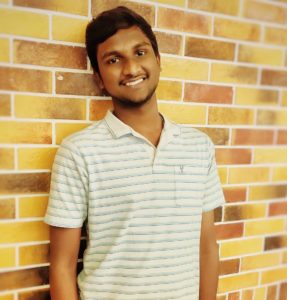 How have you contributed to this initiative?
How have you contributed to this initiative?
I’ve gathered data from various social media platforms and performed sentiment analysis of the data collected. I have also conducted overtime analysis to understand the sentiment changes of youth over time.
What role do you think AI/technology can/should play in creating brighter futures for young people?
I see a lot of potential in working with technology to understand the facial expression of students in a class to understand better how to engage students in learning. When students feel bored, their expression will look sleepy, which can give us insight into what methods of teaching and topics that interest the students.
A diverse team of collaborators in all ages from different corners of the world has contributed to this project. We would like to thank all of the collaborators for their amazing contributions in providing important insights about young people. If you think this sounds interesting and want to get involved in future challenges, please visit Omdena’s website here.
*The project analysis followed the Ethical Guidelines for Statistical Practice and all data gathered for this project was not connected to identifiable individuals. Only aggregated anonymised data was used for the purpose of identifying trends.
